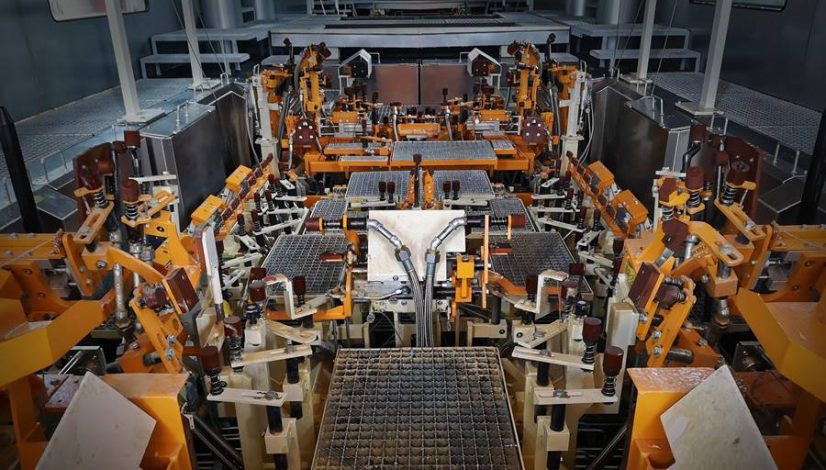Mexico has emerged as a pivotal hub for manufacturing in recent years, driven by its strategic location, competitive labor costs, and robust trade agreements. The country’s proximity to the United States has made it an attractive option for companies seeking to streamline their supply chains and reduce shipping times. With a diverse industrial base that includes automotive, electronics, aerospace, and medical devices, Mexico is not only bolstering its economy but also establishing itself as a global player in the manufacturing sector.
The Mexican government has actively promoted initiatives to attract foreign investment, improve infrastructure, and enhance workforce skills, fostering an environment conducive to growth and innovation. As globalization continues to reshape the manufacturing landscape, Mexico’s role is likely to expand further, presenting both opportunities and challenges for businesses seeking to navigate this dynamic market. This article delves into the key factors driving Mexico’s manufacturing industry, exploring its current state, future prospects, and the implications for global trade.
Key Factors Driving Growth
Several key factors contribute to Mexico’s burgeoning manufacturing sector. First, the country’s competitive labor costs enable companies to achieve significant savings compared to other manufacturing hubs. Additionally, Mexico’s well-established trade agreements, particularly with the United States and Canada under the USMCA, facilitate seamless access to important markets. This connectivity allows businesses to efficiently manage supply chains while benefitting from reduced tariffs. Moreover, the government’s focus on enhancing infrastructure, such as expanding transportation networks and modernizing ports, positions Mexico as an appealing destination for foreign investment. Further exploration of these dynamics can be found in Manufacturing in Mexico.

Challenges and Opportunities
Despite its advantages, Mexico’s manufacturing industry faces challenges that include regulatory hurdles, security concerns, and competition from other low-cost countries. Companies must navigate complex labor laws and varying state regulations, which can complicate operations. Additionally, security issues in certain regions pose risks to businesses and their employees. However, opportunities abound, as innovation and technology integration continue to evolve in the sector. Companies that can successfully leverage automation and digital tools may gain a competitive edge, making it imperative for businesses to adapt to the changing landscape to thrive in this promising market.
In conclusion, Mexico’s manufacturing sector represents a dynamic and evolving landscape characterized by both significant opportunities and considerable challenges. As the country continues to capitalize on its strategic advantages, such as competitive labor costs and robust trade agreements, it is on a trajectory to bolster its status as a key player in global manufacturing. However, to fully realize its potential, businesses must navigate the intricate regulatory environment and address security concerns while embracing technological advancements that can drive efficiency and innovation. By strategically positioning themselves within this framework, companies operating in Mexico can not only enhance their productivity but also contribute to shaping the future of manufacturing in the region, making it a critical area for both investment and development on the global stage.
